
Once in a Great City: A Detroit Story
Book
"A fascinating political, racial, economic, and cultural tapestry" (Detroit Free Press), Once in a...
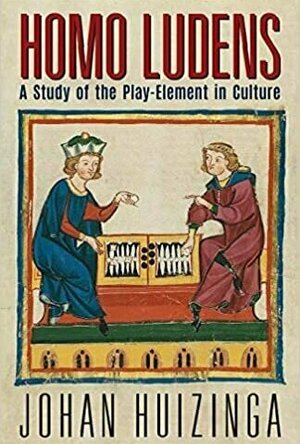
Homo Ludens
Book
In Homo Ludens, Johan Huizinga defines play as the central activity in flourishing societies. He...

Tourbar – find a travel buddy, chat with travelers
Travel and Social Networking
App
TourBar – make friends worldwide! Chat, meet up and travel TourBar is a travel dating app. It is...
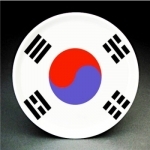
Korean Food Bible
Food & Drink and Catalogs
App
*********************** *** 50% Off Today!! *** New Features: Now supports iCloud ...

The New York Review of Books
Magazines & Newspapers and Education
App
For over 50 years, The New York Review of Books has been the place where the world's leading...
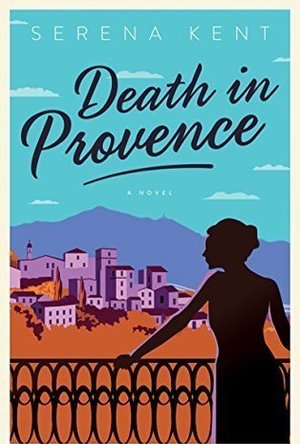
Death In Provence
Book
The first entry in a clever, lighthearted mystery series set in modern Provence—a delightful blend...
Fiction Contemporary Cultural France Cozy Mystery
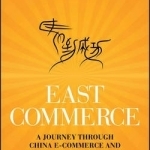
East-Commerce: China, E-Commerce and the Internet of Things
Book
A New E-Commerce Model is Coming from the East it is More Advanced and it is Spreading Worldwide...
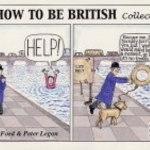
The How to be British Collection
Book
A perennially popular collection of colour cartoon illustrations, with accompanying texts, on the...
Jamie (131 KP) rated When Dimple Met Rishi in Books
Aug 15, 2017
I absolutely adored the first half of this book. I could sympathize with both of the main characters, especially Dimple, whose mother reminded me of my own. I too was that nerdy awkward girl that felt uncomfortable wearing makeup and dresses and found happiness in front of a computer screen grinding out code to make websites and browser games. Like my mom, Dimple’s mother pushes her to be more feminine and doesn’t fully understand modern western culture. Dimple struggles with feeling like an outsider in both of her worlds, an experience shared by many American children with immigrant parents. It made me happy that this duality is explored in the novel as I think it’s important for children and teens that, like me, had difficulties with their cultural identity.
On the other hand there’s Rishi, who embraces his cultural heritage and doesn’t care whether or not he “fits in” with either group. He is still a modern young man adapted to western culture that also values tradition and believes with all of his heart in the fairy tale romance of his parents. He is exceptionally sweet and witty and is pretty much the ideal cute nerd boyfriend. The romance between Dimple and Rishi is swoon-worthy and made my heart melt.. Which was great for exactly half of the book.
With the Insomnia Con setting what I expected was a summer “coding camp” similar to ones like the Make School Summer Academy and others held on college campuses around the country every year. Many of these camps usually offer workshops to practice making programs, opportunities to make professional connections and to meet industry leaders, and very often have competitions where they can create and submit their own apps for a cool cash prize. I guess my expectations were misplaced because What I got, sadly, was high school drama with hook ups and a talent show that turned more into a dance competition? Dance? In a coding camp??
This was the start of when the book stopped working for me.
A large part of Dimple’s story revolves around her desire to develop her own app to catapult her into a successful tech career. The book talks at length about how much this matters to her, how she’s dying to make connections to help her on her way, and how she’s so different from other girls by being interested in coding. The book tells the reader all of these things but fails to actually show the reader these things. It’s easy to forget that the main characters are even at a coding camp because so little time is spent on it. The plot just gets plain weird and doesn’t seem to have any sort of focus, even the romance felt rushed.
Also I’m sorry, the dance competition was exceedingly boring to read. That and, well, the love story has already happened by then so the build up for that is finished as well. So what else was there? I thought heavily about skimming or just putting the book down at that point but I honestly wanted to know if Dimple would win the competition (the app one, not the dance one) and achieve her dream of becoming a high powered STEM girl. I was still optimistic that the book would get back to the code camp, but it never does. In fact, three weeks out of the six week camp is skipped completely as the story fast forwards to the result of the app completion. The more I read the more disappointed I was as the plot became more and more juvenile.
By the 3/4 mark it seemed like there was no story left to tell and was starting to seriously drag. So of course there had to be some drama to keep it going. I hated this part. Dimple’s actions in the later portion of the book quite frankly left me feeling confused because they didn’t make any sense whatsoever. It was frustrating and I quite frankly got a little mad at how Dimple treated Rishi in the latter half of the novel. Such a shame considering how amazing the story set up was and how strong the early chapters were.
The characters drift from dinners, parties, and dance practices with next to no time actually coding and it made for a surprisingly boring and mediocre read for me personally. Even despite my criticisms, When Dimple Met Rishi is still a sweet summer romance that shined in the first half of the book. Just because it didn’t work out so well for me doesn’t mean that it won’t work out for others, in fact I seem to be in quite the minority for this book. This book definitely had a lot of potential and I honestly wish that the tech girl part of the story could have been developed better and for the setting to be a little more convincing.
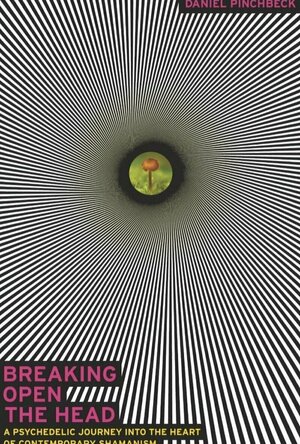
Breaking Open the Head: A Psychedelic Journey into the Heart of Contemporary Shamanism
Book
A dazzling work of personal travelogue and cultural criticism that ranges from the primitive to the...
Spirituality Ethnography
